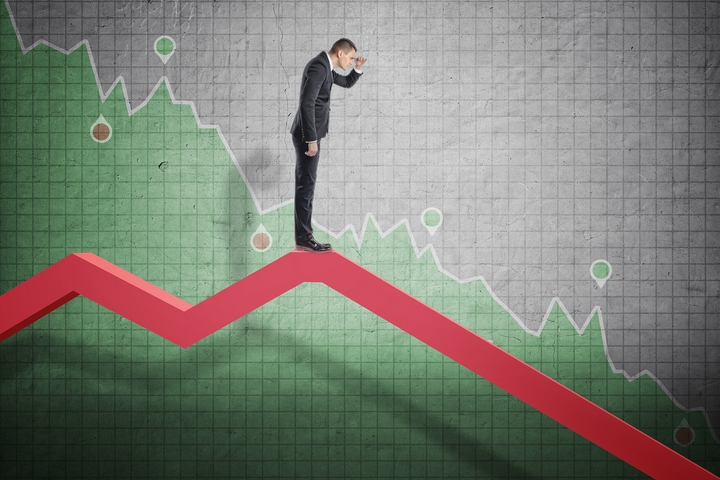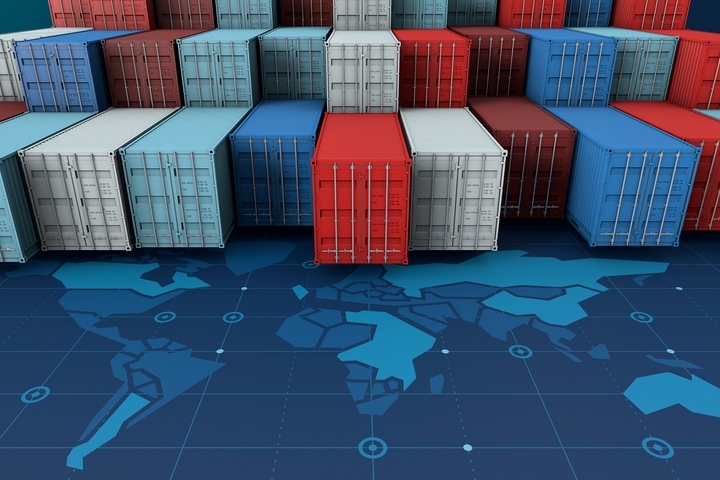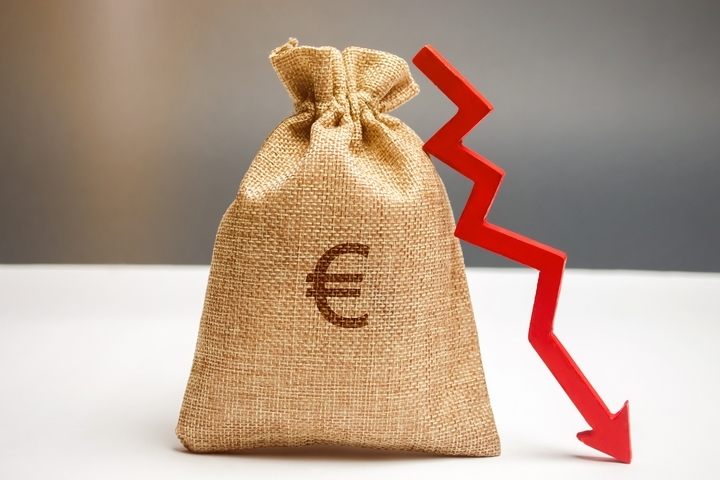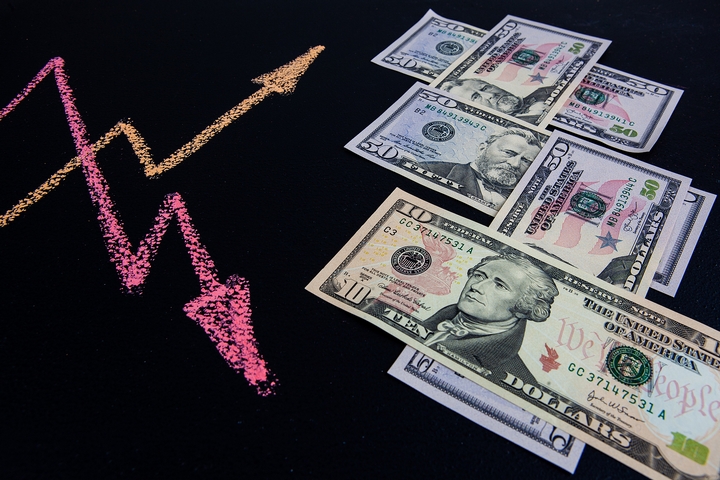7 Key Factors That Determine Exchange Rates
No matter if you are a frequent traveller, or an adept investor, there are numerous international details to consider. Travelling to another country is an excellent way to experience new cultures and distinct explorations. However, you’ll inevitably come across one specific factor that connects all the dots.
This factor is, of course, money. As the old adage goes, money makes the world go round, and the same can be said for travelling. One key determining factor that affects travel is the exchange rate. What, then, influences the exchange rate to be the way that it is?
Let’s examine the seven factors on what determines exchange rates:
1. Interest Rates

Interest rates are highly influential on what determines exchange rates. Every individual who has gone through a large transaction before has dealt with interest rates. As it pertains to the exchange rate, there are various fluctuations in a given interest rate that play a key role. Namely, the changes affecting a currency value are important.
Interest rates may increase, or decrease, depending on their relationship with a designated lender. Lenders prefer to have higher rates, with respect to their homeland currency, to attract more profits. Should this exist at a high level, the exchange rate will respond in kind.
2. Inflation

An applicable interest rate is not the only influence affecting the exchange rate. Inflation is also a determining factor that will have an impact of some kind on the numbers. To put it simply, all changes in market inflation will affect how the exchange rate turns out. If a country is experiencing low inflation, its currency may increase in value.
On the other hand, a country that has a higher inflation rate will see a depreciation in its currency value. This, in turns, affects its interest rate in a reciprocal way. Higher interest rates are bound to occur, which may shift in correlation with the given inflation rate.
3. Market Speculation

Intangible factors are just as significant as tangible influences, with respect to an exchange rate. Investors, therefore, will often speculate as to how various factors will influence it. If, for instance, a currency’s value is poised to increase, future demand for that currency will occur. The market demand will be reflected in the rates offered by currency exchange services.
If this currency’s value does in fact happen to rise, the exchange rate will positively respond to reflect this. Traders and investors often discuss this in various circles, to see how the market may turn out. It can be worthwhile getting into trading, if you want to make a profit off of the exchange rate!
4. Political Status

Although economic factors are the most influential factors here, they are not the only ones. Political stability or instability will play a role in determining the given exchange rate as well. A country that is less prone to turmoil may come across as more attractive for investors. As such, this may turn out to affect the exchange rate positively.
Conversely, a country in significant political strife may see its currency dip in potential value. What makes this factor so interesting is that a country may even have a strong economic outlook. If, however, there is governmental turmoil, the exchange rate can still be depreciated.
5. Debt

Adding on to the political factors affecting an exchange rate is something most of us do not like. Debt can be a nuisance on an investor’s potential to acquire foreign currency. Generally speaking, these investors are more likely to sell their stocks and bonds in an open market.
If this market is reflecting a national debt within the country, the value of the exchange rate will decrease. Foreign investors want to be able to make a profit with the least amount of risk attached. When debt is high for whatever reason, the exchange rate will reflect that almost immediately.
6. Trade

Exports from major trade partners can also impact the exchange rate in more direct ways. It all comes down to a nation’s terms of trade, which is a measurement of exports to import prices. If a country has higher terms of trade, more revenue is generated as a result. When this occurs, the exchange rate will generally increase as well.
7. Recessions

The last thing any country wants to experience is an economic recession. This is a major failing of all economic influences, due to a multitude of causes. If a recession does end up occurring, the exchange rate will be impacted. In essence, currency values fall, which then leads to the exchange rate depreciating too.
One thing to know about an exchange rate is that it is never static. It is constantly fluctuating in one way or the other, all of which are dependent on various influences. If you plan on buying, selling, or investing in foreign capital, always stay in the loop. Your money will be affected, positively or negatively, in varying scales!

